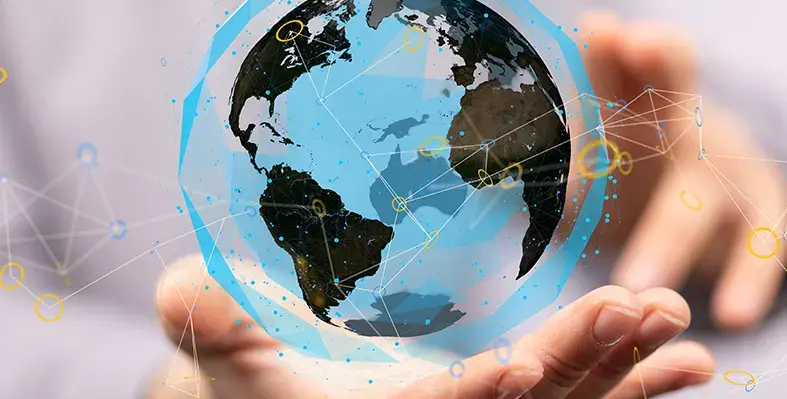Africa, home to the world’s largest youth population expected to surpass 830 million by 2050, is at a pivotal moment for technological advancement. The rise of artificial intelligence (AI) presents a transformative opportunity to empower young Africans, enhance innovation, and bridge the digital divide
Google has long recognised that access to AI requires more than just technology. It also demands connectivity, products, and training. By making AI accessible, Google aims to expand opportunities for young people across the continent, ensuring the digital revolution benefits everyone and that AI does not widen existing inequalities.
Connectivity as the foundation for AI
Google’s commitment to African connectivity began in 2006 with the Seacom cable. In 2021, the company pledged US$1 billion over five years to strengthen digital infrastructure, an investment it has already exceeded. This funding has supported the development of resilient and secure networks essential for Africans to harness AI.
Recently, Google announced four strategic subsea cable hubs spanning North, South, East, and West Africa. These hubs will create digital corridors across the continent and beyond, enhancing international connectivity, boosting resilience, and driving economic growth. This initiative builds on existing projects such as the Google Cloud region in Johannesburg, the Equiano cable along Africa’s western coast, and Umoja, the first fiber optic route linking Africa directly to Australia. Collectively, these efforts have enabled over 100 million Africans to access the internet for the first time.
AI empowering youth and innovation
To accelerate learning and innovation, Google is providing college students aged 18 and above in Egypt, Ghana, Kenya, Morocco, Nigeria, Rwanda, South Africa, and Zimbabwe with a free one-year subscription to Google Gemini AI Pro. The suite includes tools like Deep Research for in-depth reports, Guided Learning as an AI companion, and coding and content creation resources, equipping students to tackle local challenges and seize new opportunities.
Google has trained 7 million Africans in AI skills and aims to reach an additional 3 million students, teachers, and young people by 2030. Over the past four years, the company has invested more than US$17 million in African universities and research institutions, with another US$9mn planned. Support for local languages has grown as well, with over 30 African languages added to Google Translate and more than 40 African voice datasets under development.
Driving African-led solutions
Google’s AI research teams in Kenya and Ghana are addressing real-world challenges such as flood forecasting, agricultural resilience, and infrastructure mapping. By 2030, Google aims to reach 500 million Africans with AI-powered solutions that empower communities, businesses, and governments.












